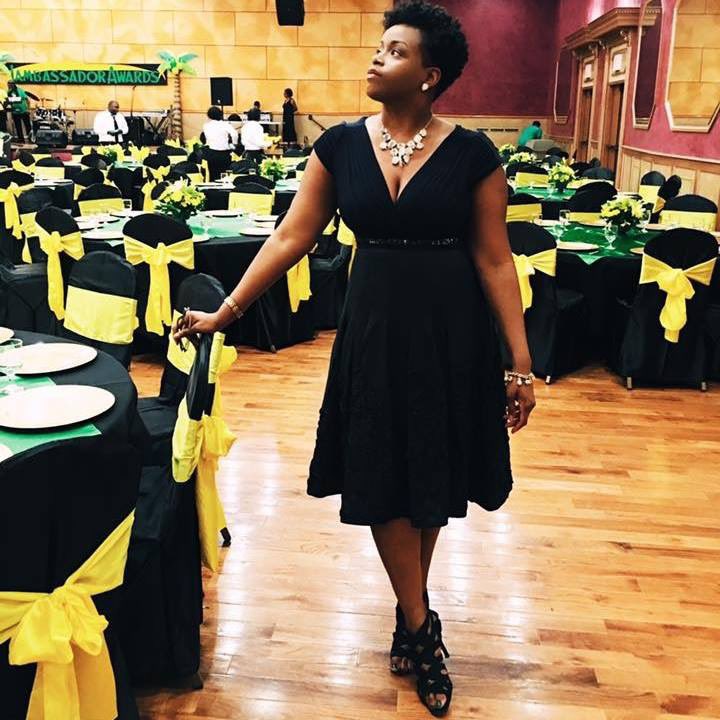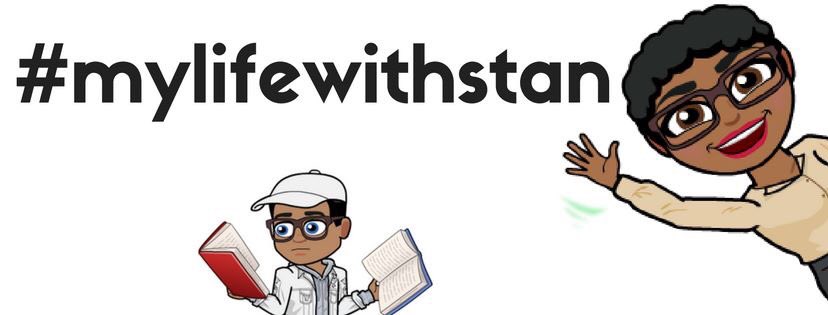Great Detectives, Cultural Imperialism, and You: A Brief Thread on Master Detectives.
1/
What follows has nothing to do with the innate quality of the stories in which these Great Detectives appeared. I'm strictly talking about how popular & imitated these characters were.
(sidenote: buy @victorianclare's SHADOWS OF SHERLOCK).
2/
Eugene Francois Vidocq (en.wikipedia.org/wiki/Eug%C3%A8…). The most important figure in Parisian law enforcement (official & unofficial) for over thirty years. A nearly peerless self-aggrandizer. A master detective and brawler OR a criminal fraud OR both. 3/
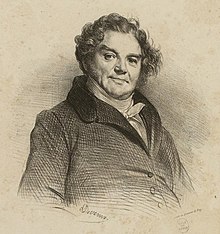
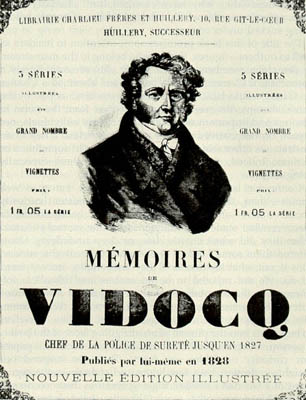
5/
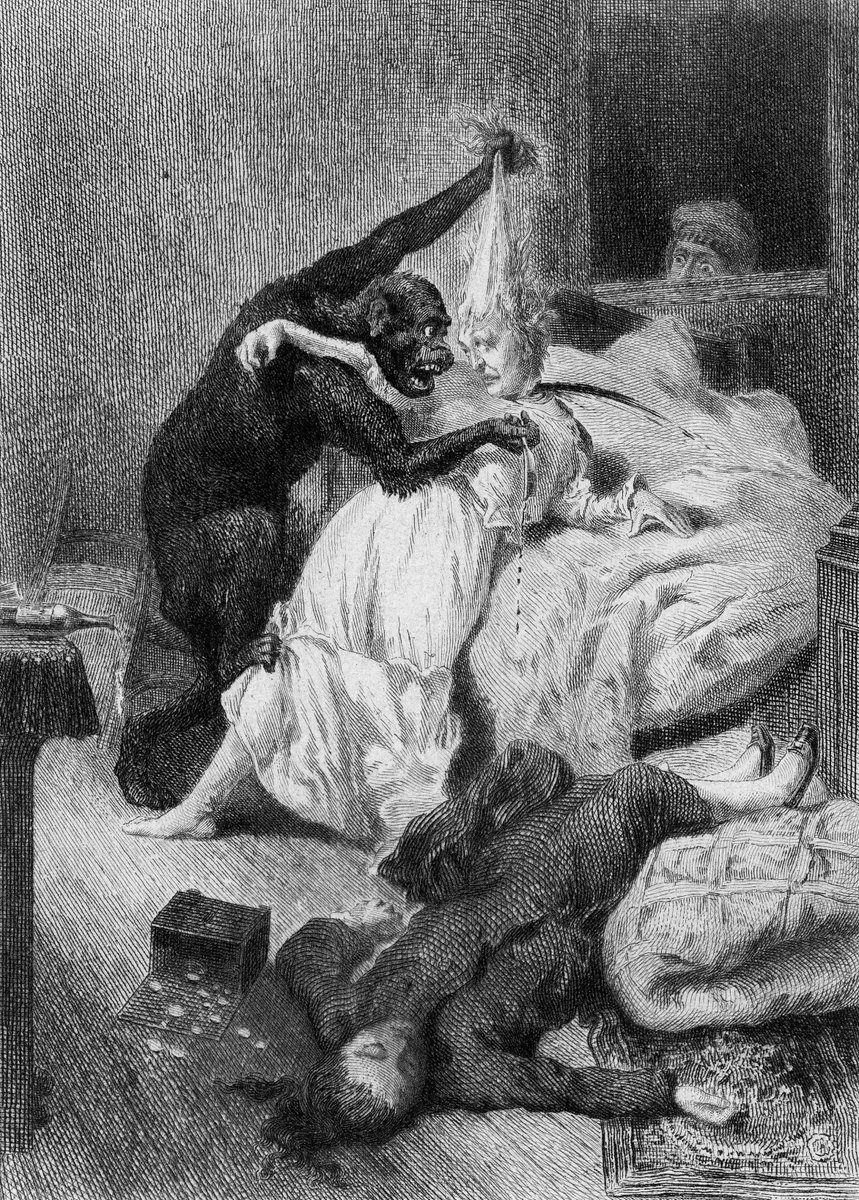
6/
(hey, btw, check this site out: wdl.mcdaniel.edu . A *peerless* resource for pre-Holmes detective fiction).
7/
8/

9/
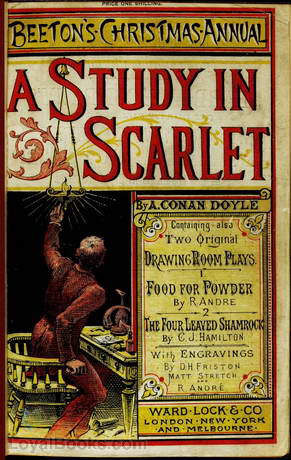
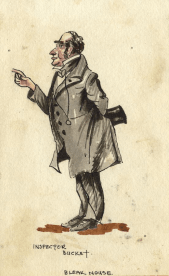
But until 1946 he was not the most imitated detective worldwide, or even in the UK. 12/
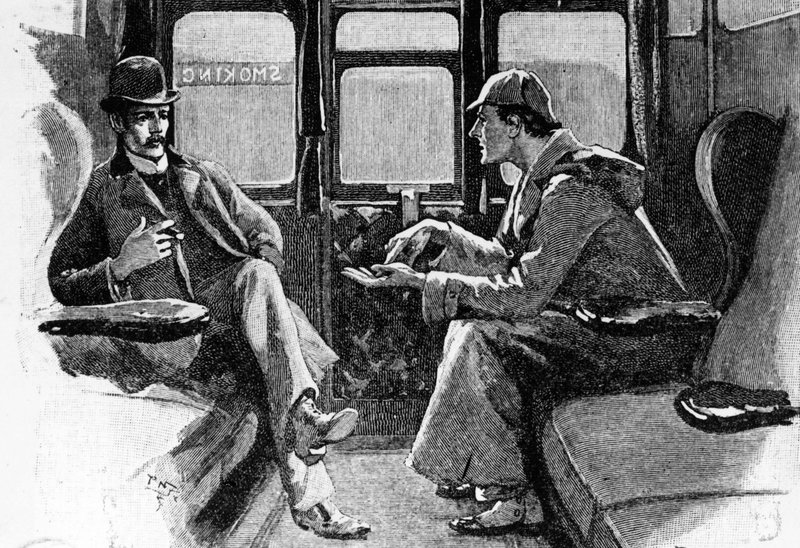
Who was #1? For starters, Nick Carter.
Created by Ormond Smith & John Russell Coryell & debuting in 1886--before Sherlock--Carter was solidly in the fists-before-wits school of American dime novels detection. 14/
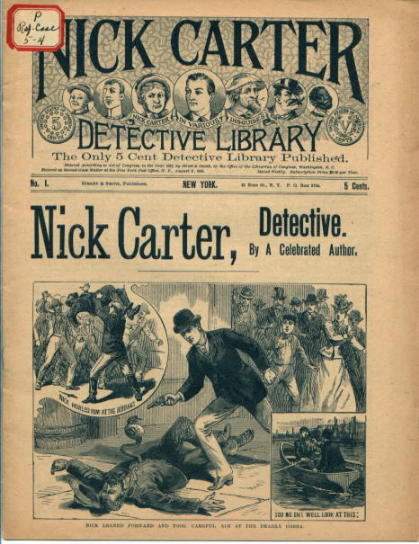
15/

BRB!
16/
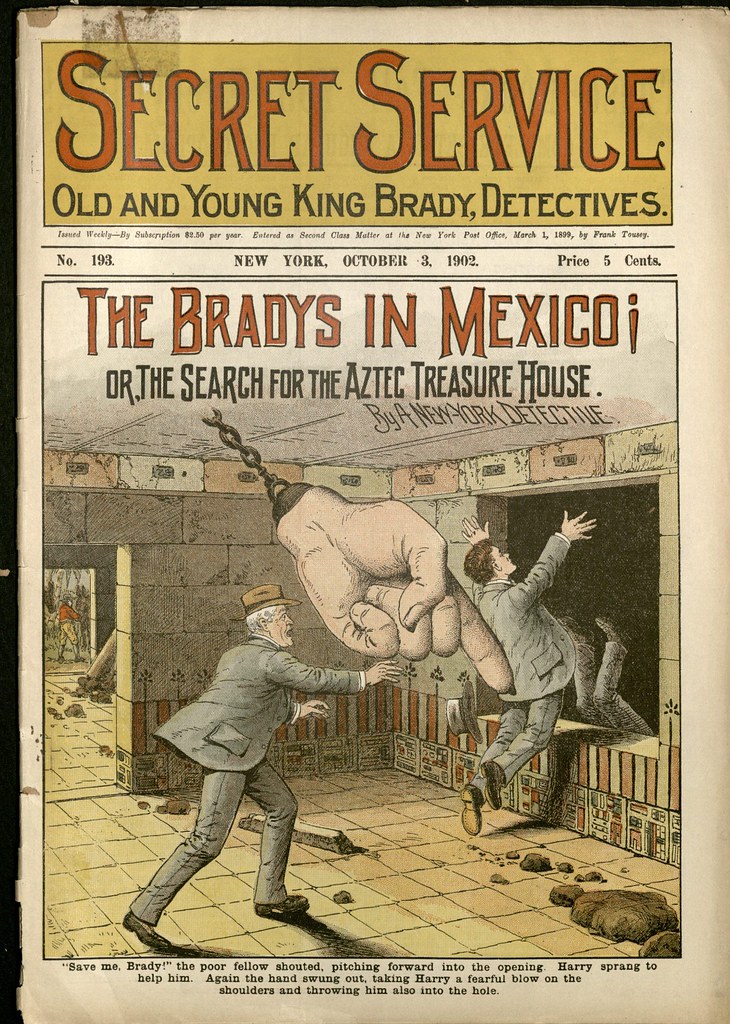
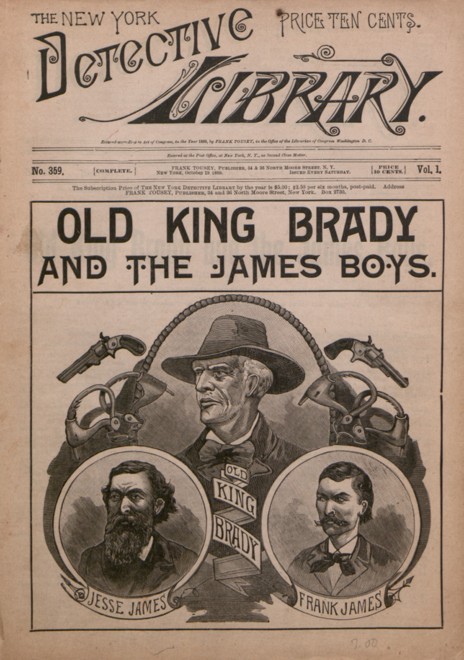
Sidebar: American female detectives of the 19th century were better than 19th century American male detectives in every way. Their story has yet to be fully told, although I'll be giving it a try soon. 18/
In 1905, practically overnight, American dime novels become the hot international publishing commodity. And the heroes from those dime novels almost immediately become archetypes of their various genres. Buffalo Bill was #1. Nick Carter was #2. 19/
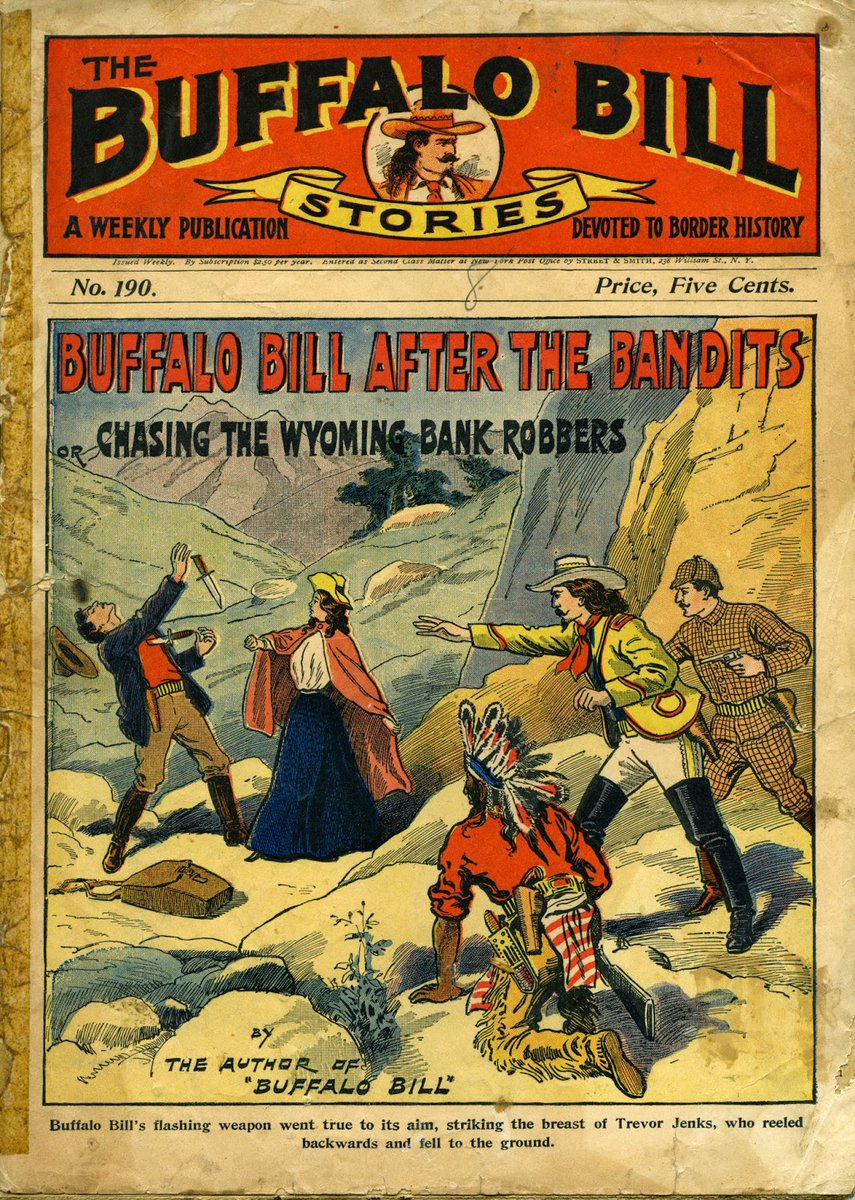
The man mostly responsible for making Carter a global icon was Frederick van Rennselaer Dey.
20/
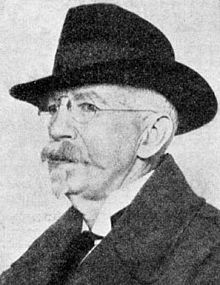
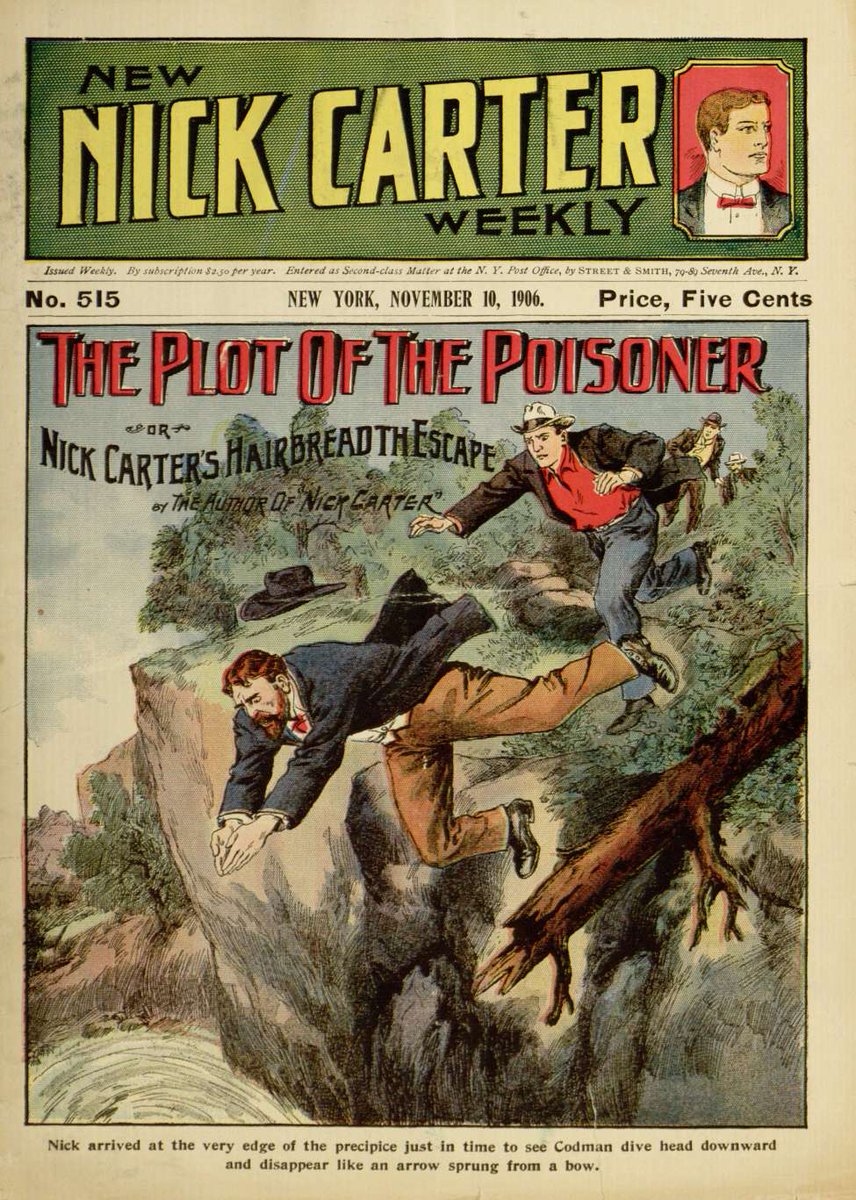
What made Nick Carter so popular internationally?
22/
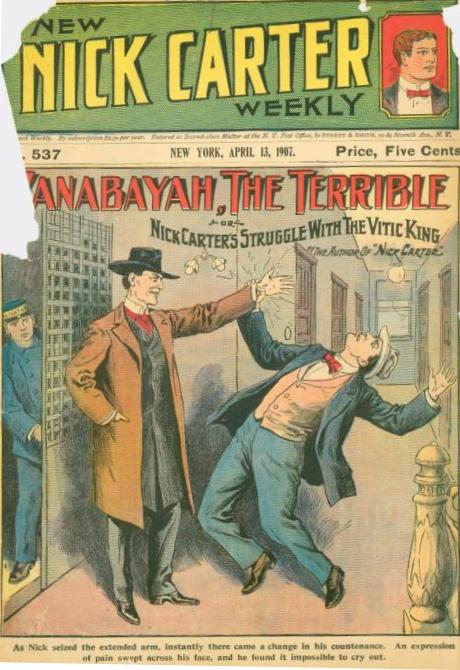
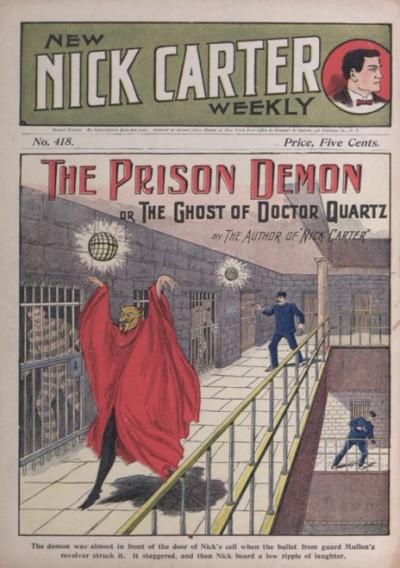
And the names!
25/
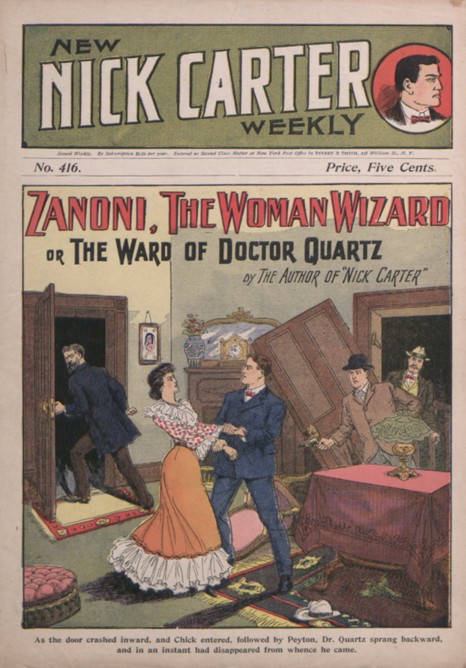
"Have no fear, my pretty man, my cornucopia of driveling goodness. When I make love to you, it will be to your articulated skeleton--to your empty, fleshless skull--to your heart preserved in alcohol and your liver thrown to the dogs."
27/
The important difference between Carter & Holmes is that while Carter isn't dumb, he solves crimes physically rather than mentally.
28/
29/
WW1 puts a dent in everyone's publishing schedule.
30/
Arguably their foremost character was detective Sexton Blake. 31/
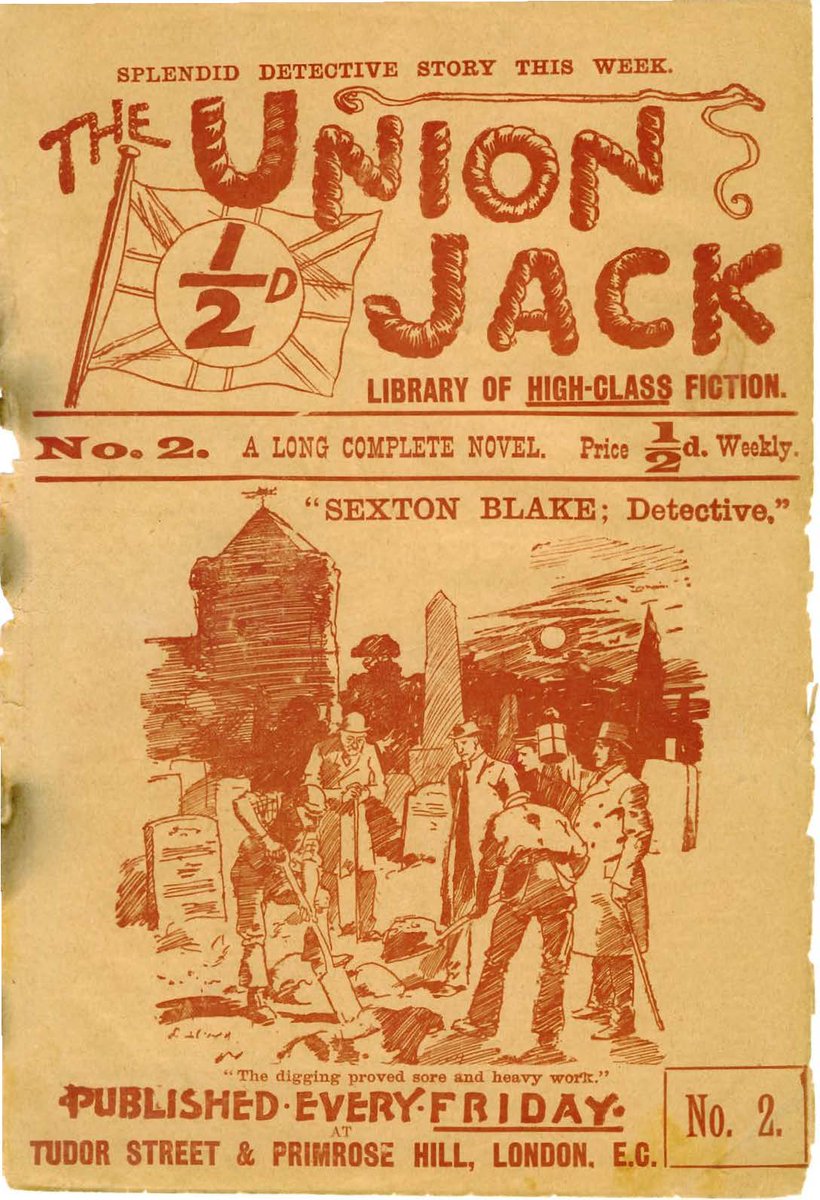
33/
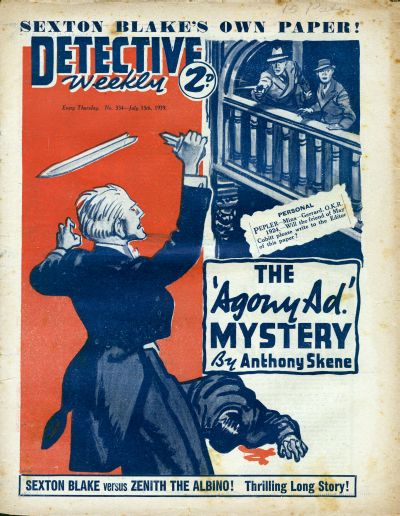
34/
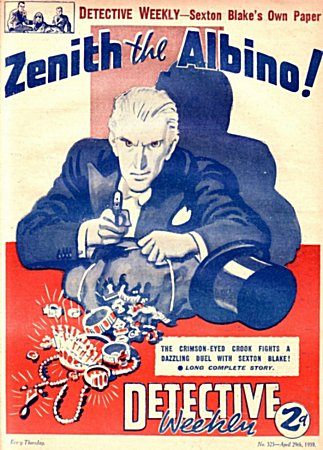
(Again, Blake offered actions & thrills, while Holmes made you think. No contest for most readers then and now).
35/
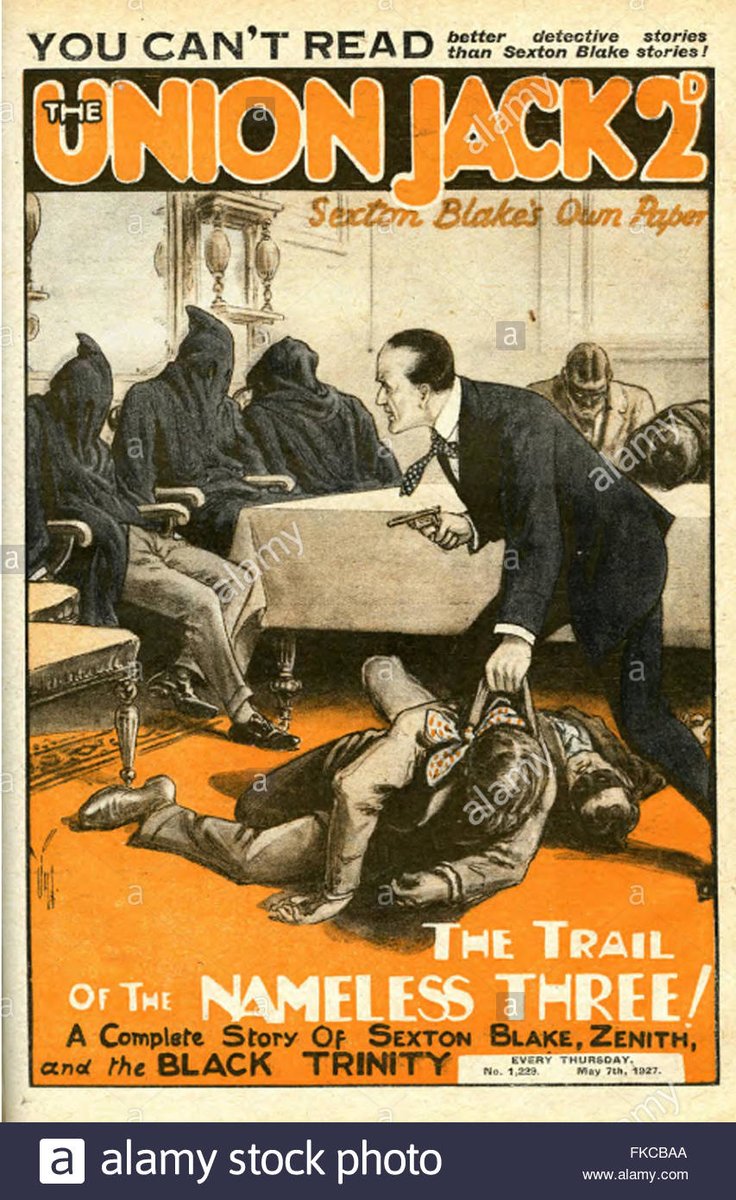
36/
40/
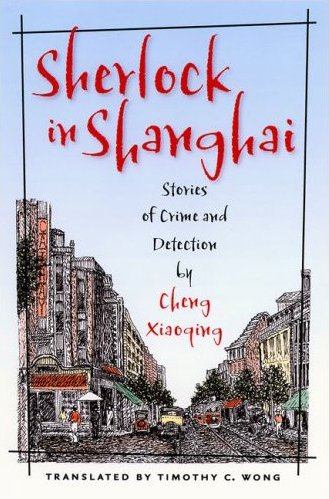
Again, there are exceptions--check out the (few, sadly) detective stories of Nigerian/Onitsha market literature--but damn few.
41/
43/
15 years ago my Encyclopedia of Fantastic Victoriana was published by @chris_roberson & @allisontype. (Thanks to you both!)
Next year there'll be an expanded second edition, in which I talk about everything in this thread but at greater length.



